Do you know what happens to your skin when you drink alcohol? When you drink alcohol, it might make you feel drowsy and also help you fall asleep quickly. However, it does more harm than good. Alcohol can mess up your sleep during the night.
It disrupts your natural sleep patterns, which can leave you tossing and turning all through the night. When you have a restless sleep, it might cause you to wake up with dark circles beneath your eyes. When you use something cold, like a cold cloth, it can help with the dark circles.
However, the best solution is getting proper sleep. Try to aim for at least seven hours of sleep every night. This will help you feel rested and refreshed. Disrupting your sleep patterns is not the only way alcohol can affect you, and dark circles are not the only thing it can do to your skin. Below are other things alcohol can do to your skin, when you drink it.
1. Puffiness and Bloating
When you drink alcohol, it can make your body feel swollen. This happens because alcohol will make you lose water, which will leave you feeling dehydrated. When this happens, you might wake up with puffy eyes.
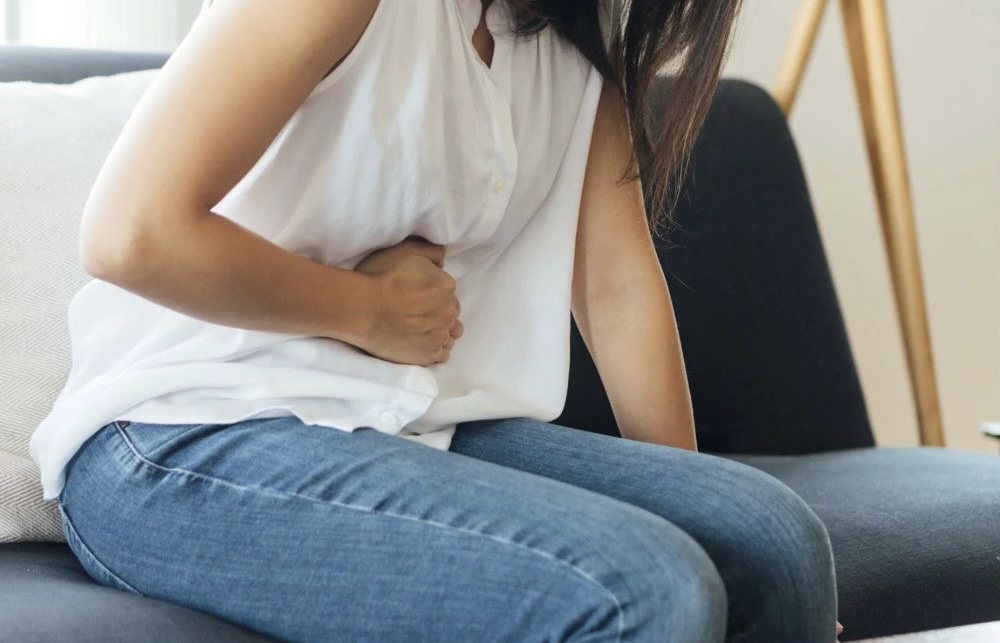
Alcohol can also upset your stomach. This might make your stomach feel bloated or tight. If you want to avoid this, drink less alcohol and hydrate your body by drinking more water. You should also try to get medicine from a pharmacy to help with the bloating.
2. Rosacea
Drinking alcohol can also cause or heighten a skin condition. If your face turns red when you drink alcohol, it might be because of a skin condition called rosacea. This condition makes part of your face, including your cheeks, nose, and forehead, look red.
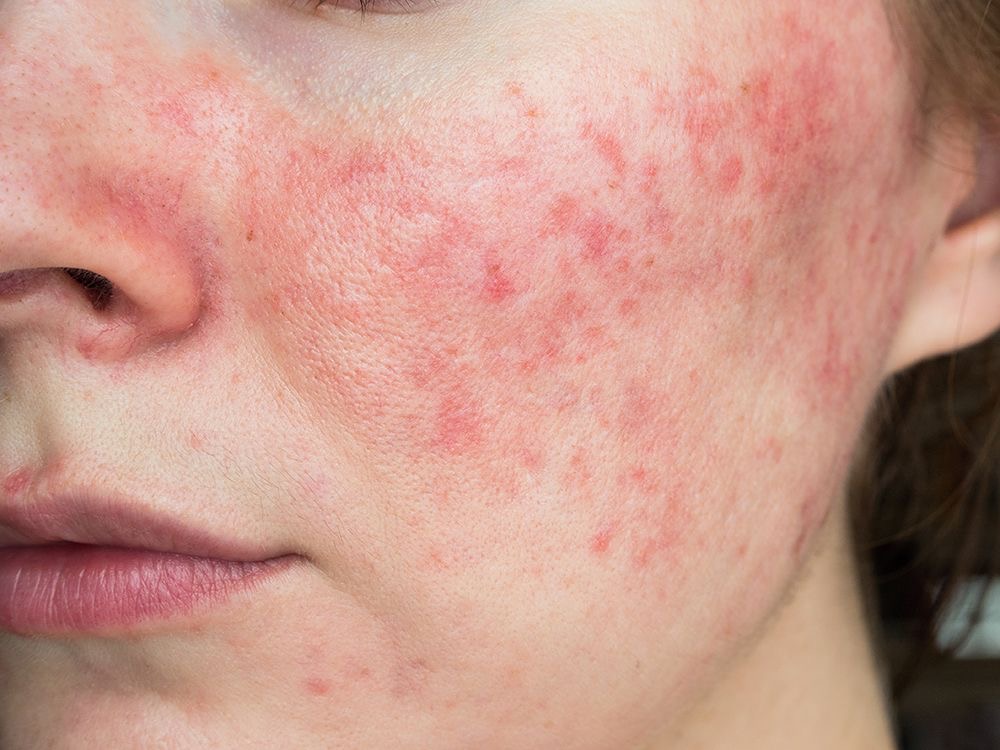
Alcohol can make this redness worse if you already have rosacea. According to some research, drinking alcohol may increase your chances of getting rosacea if you do not already have it.
ALSO READ: Save Your Skin with This Mid-Flight Beauty Routine: What to Pack
3. Rosy Cheeks
If your cheeks get warm and red after drinking, there could be an underlying problem. It could be because of a problem with an enzyme in your body. This enzyme in your body is called ALDH2. It is supposed to break down harmful substances in alcohol.
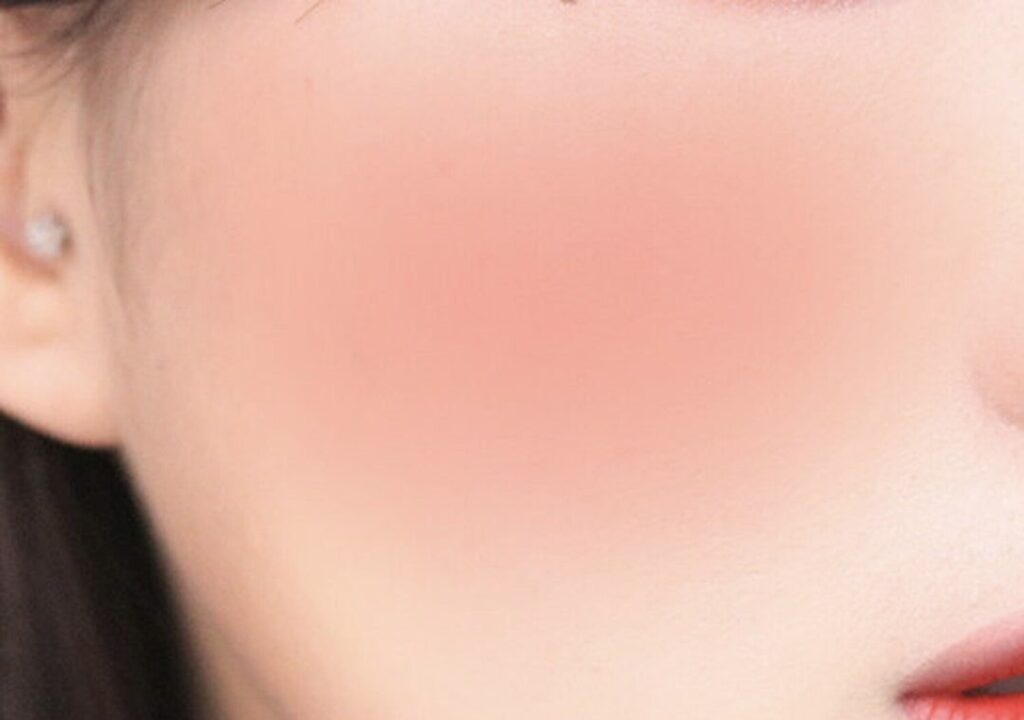
When it does not work properly, the harmful substances that are supposed to be broken down, start to build up in your cells. This then causes redness and warmth. This condition is more common in people with Asian backgrounds, and it is something one is born with.
4. Hives
Hives are red and itchy bumps that can show up on your skin after drinking alcohol. They can appear in one spot or all over your body.
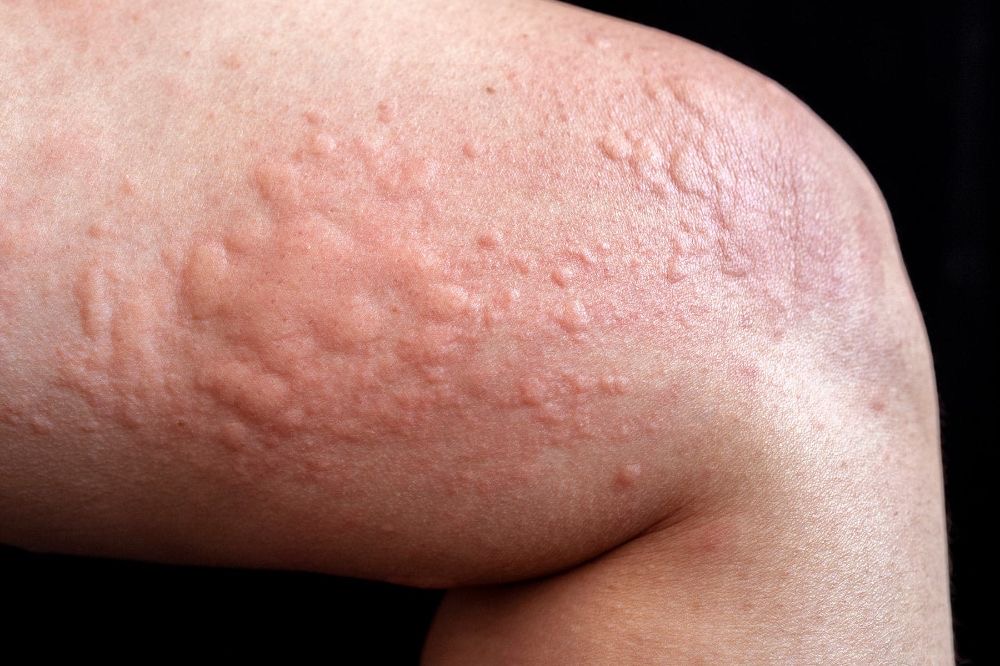
Sometimes, this happens because your body struggles to process alcohol. A situation like this is called alcohol intolerance. If it is not alcohol intolerance, then it could be an allergic reaction to something in the drink. Hives might last a few minutes or several days, but you can treat them with cool clothes and allergy medicine from a pharmaceutical store.
5. Cellulitis
When you drink a lot of alcohol, it can make you more likely to get cellulitis. Cellulitis is a serious skin infection caused by bacteria.
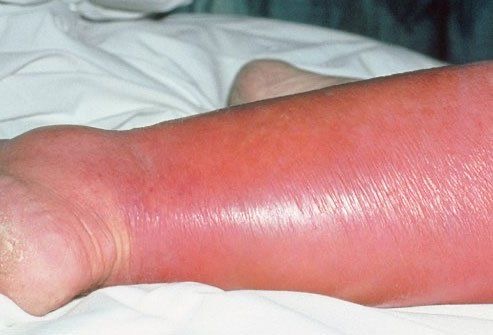
It usually happens on your lower legs. It will make the skin there red, swollen, painful, and warm. The bacteria usually enter the body through a cut or wound on the skin. If you get cellulitis, you will need antibiotics to get better.
6. Sun Sensitivity
For some people, being in the sun can cause bad burns, painful blisters, and itchy skin. Although it might run in the family, drinking alcohol can also cause it.
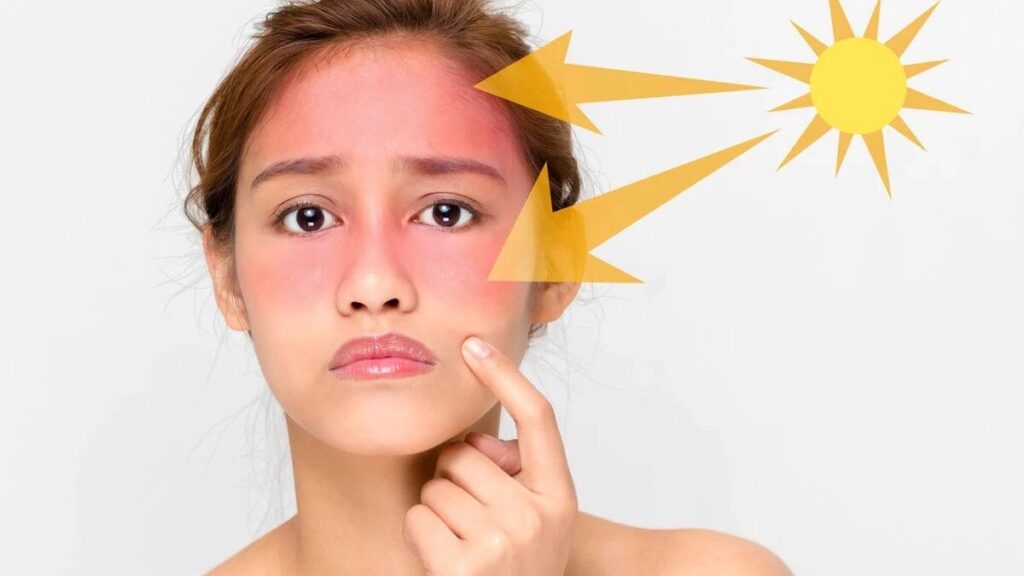
If you have this problem, your skin might hurt, turn red, or get irritated whenever you are exposed to sunlight. In order to feel better, stop drinking alcohol and try to stay out of the sun.
7. Psoriasis
Drinking a lot of alcohol can trigger psoriasis. Psoriasis is a condition where your skin forms dry, itchy patches.
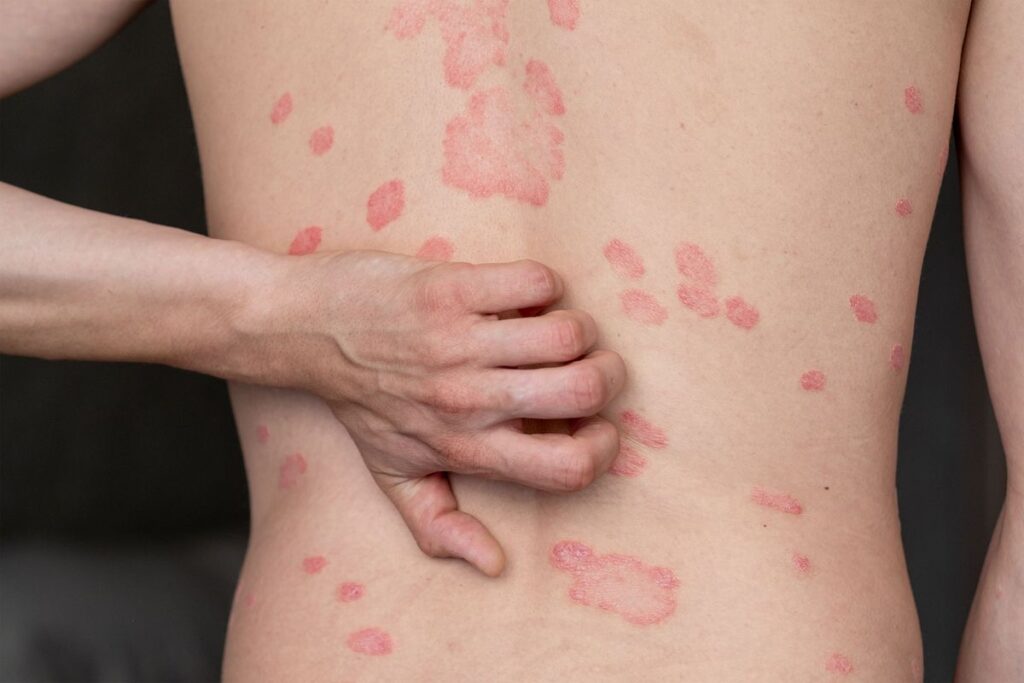
Alcohol can make psoriasis worse, and it can be especially worse for men. Alcohol can also interfere with the medicine used to treat it. When this happens, it can make the medicine less effective, or, in some cases, it can make the medicine even more dangerous.
ALSO READ: How to Care for Your Nails
8. Dandruff
If you see flakes on your scalp or have itchy, greasy skin, you might have dandruff. This condition is often referred to as seborrheic dermatitis. It can be linked to problems with your immune system or a type of yeast in your body.
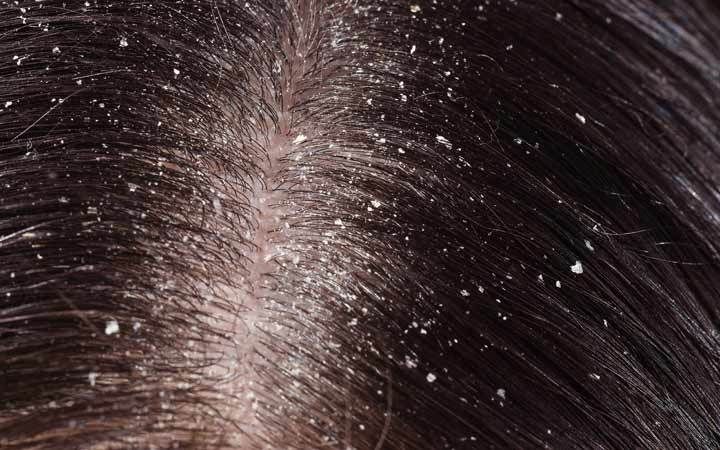
Drinking alcohol can make it worse for some people. You can try special shampoos from the store to help, but sometimes, you may need medicine from a doctor.
9. Skin Cancer
Drinking alcohol has been linked to cancers in places like the mouth, throat, and the tube that carries food to your stomach.
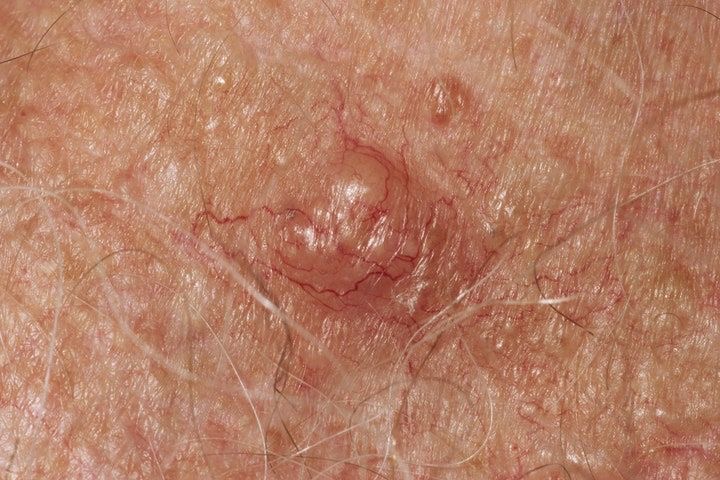
Scientists also believe alcohol could be connected to common types of skin cancer. Normally, the body fixes the damage caused to the skin by the sun. However, alcohol can mess with this repair process. It can make it harder for your skin to heal.
10. Red Palms
Sometimes, the palms of your hands and even the soles of your feet can turn red without hurting or itching.
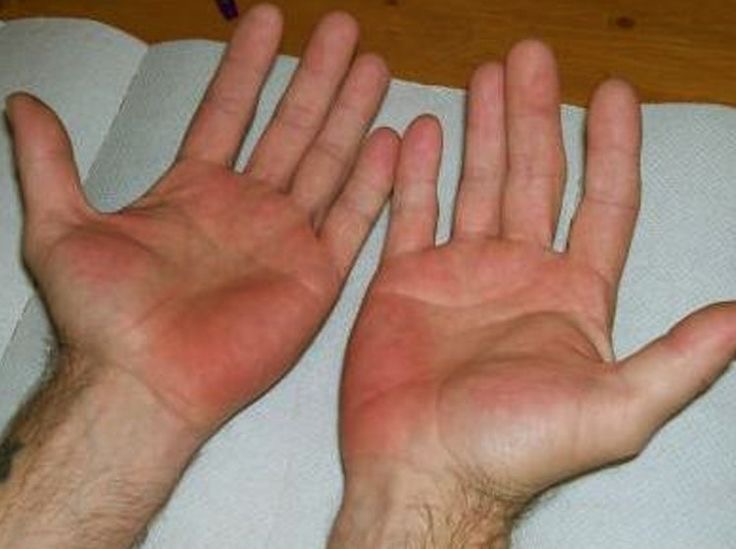
Although this does not happen often, it could be caused by genes you inherit from your family. It can also be caused by certain medicines, liver problems, or drinking too much alcohol. The worst part is that there is no cure. However, if you cut back on drinking or treat any related health issues, it might help reduce the redness.
11. Runny, Red Nose
After drinking a beer or a glass of wine, your nose might get red, stuffy, or start running. It will almost seem like you have an allergy. This usually happens within an hour of drinking. It is more common in people who have asthma, sinus problems, or trouble with medicines like aspirin. A doctor can help by slowly introducing aspirin to your system. It can help make these symptoms less severe over time.
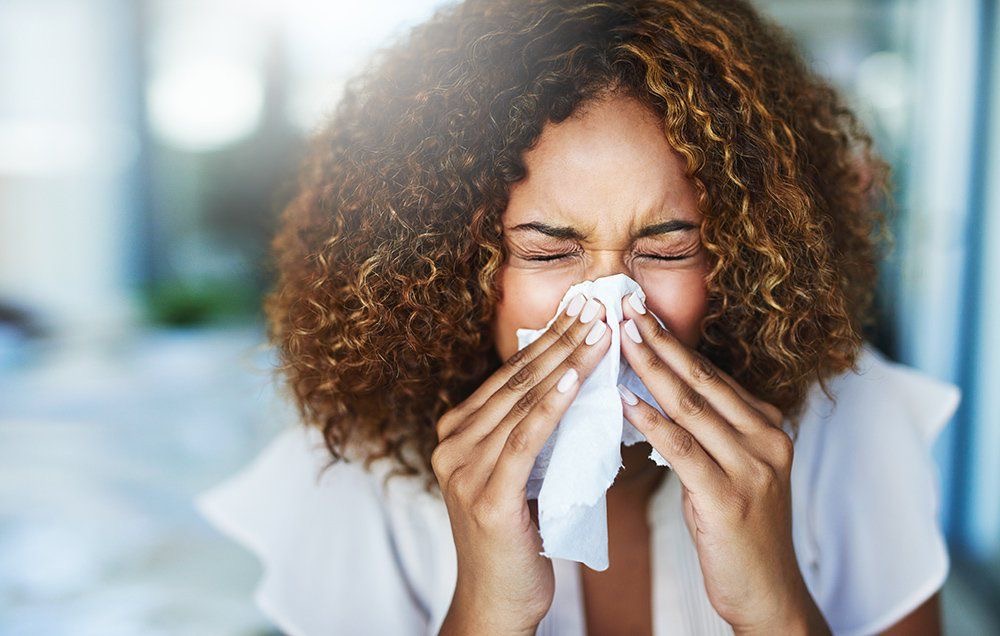
Alcohol can have surprising effects and changes on your body. Although some of these changes might seem small, they can also be signs of bigger health problems. Knowing how alcohol affects your body can help you make better choices. If you have itchy skin after drinking alcohol or other unusual symptoms, try drinking less and talk to a doctor to stay healthy and avoid serious issues.
